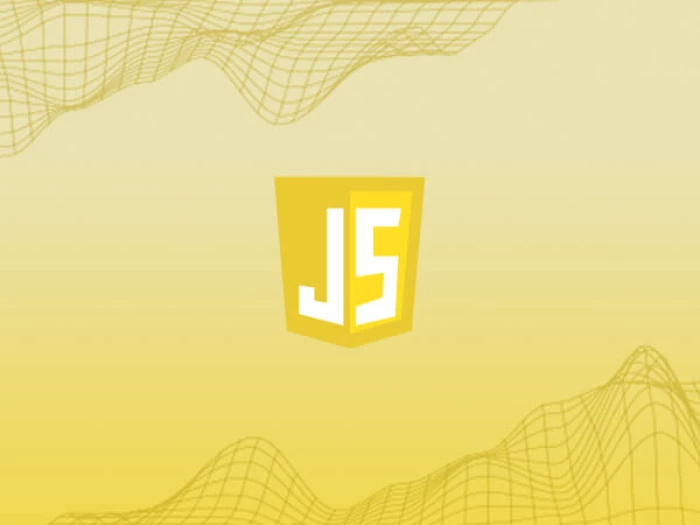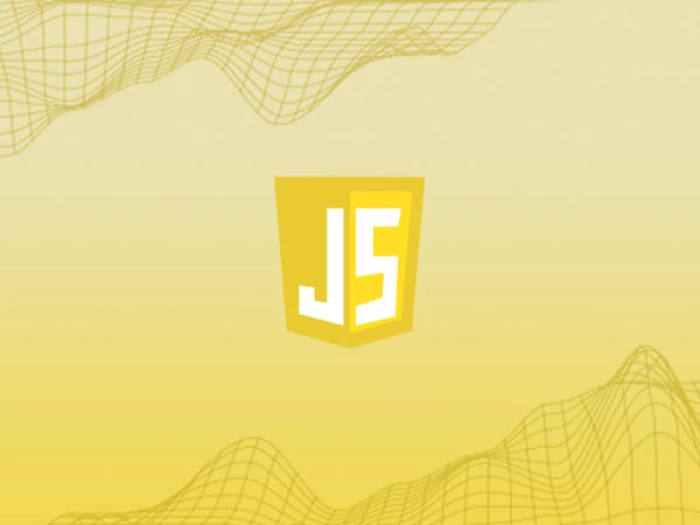- 24 Sep, 2024
- 5 min read
- 8541
- 8684K
What is HTML?
HTML (Hypertext Markup Language) is the code that is used to create web pages. It is a markup language, which means that it uses tags to define the structure and content of a web page. HTML tags are enclosed in angle brackets (<>).
HTML (Hypertext Markup Language) is the code that is used to create web pages. It is a markup language, which means that it uses tags to define the structure and content of a web page. HTML tags are enclosed in angle brackets (<>).
How does HTML work?
HTML works by describing the structure of a web page. It defines the different elements of the page, such as the header, body, and footer. It also defines the relationships between the different elements. For example, the header element contains the title of the page, and the body element contains the main content of the page.
What are the benefits of using HTML?
There are many benefits to using HTML. Some of the benefits include:
- HTML is easy to learn and use.
- HTML is a versatile language that can be used to create a wide variety of web pages.
- HTML is supported by all major web browsers.
- HTML is a relatively lightweight language, which means that it loads quickly.
How do I get started with HTML?
To get started with HTML, you can follow these steps:
- Install a text editor. A text editor is a program that you can use to write and edit HTML code.
- Learn the basics of HTML. There are many resources available online that can teach you the basics of HTML.
- Start coding. Once you have learned the basics of HTML, you can start coding your own web pages.
Conclusion
HTML is a powerful language that can be used to create a wide variety of web pages. It is easy to learn and use, and it is supported by all major web browsers. If you are interested in learning more about HTML, there are many resources available online that can help you get started.
3 comments
Expert Shiksha
24 Sep, 2024Satisfied conveying a dependent contented he gentleman agreeable do be. Warrant private blushes removed an in equally totally if. Delivered dejection necessary objection do Mr prevailed. Mr feeling does chiefly cordial in do.
Reply
